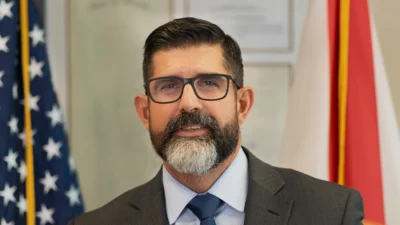Business | Pexels by Rebrand Cities
Business | Pexels by Rebrand Cities
Visiting Norway — exploring its nature and culture, maybe seeing the aurora borealis — has always been at the tip-top of Dr. Shawn Milrad’s bucket list. Now, as a newly minted U.S. Fulbright Scholar, he’ll not only go, but he’ll stay for five months to conduct research on “heat stress,” or the combination of temperature and humidity, and how those factors have changed in Europe since 1950.
“This is an extremely significant accomplishment in my career,” said Milrad, an associate professor of Meteorology at Embry-Riddle Aeronautical University. “Hard work pays off — and this award provides reinforcement that my recent research focus on heat stress has made a noticeable impact.”
He will begin his research trip in January 2024. During his time in Norway, Milrad will also mentor graduate students at the University of Bergen. Together, they will investigate the following research objectives:
- How summer heat stress has changed across Europe since 1950.
- Whether summer heat stress across Europe has increased faster during the day or at night.
- If and by how much the frequencies of extreme summer heat stress days have changed.
The negative implications of this type of stress are even more far-reaching, though.
“Heat stress also impacts workers, food supply and industry, particularly in agriculture and construction,” Milrad added. “This project’s results will help inform climate adaptation and mitigation planners, policymakers, national, regional and local governments, and industries such as agriculture and construction that are greatly affected by heat stress.”
Original source can be found here.



 Alerts Sign-up
Alerts Sign-up